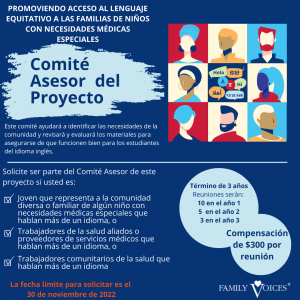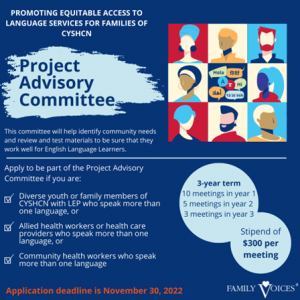When a new diagnosis is given or a new problem arises, many parents are at a loss for how to start helping their child. Thankfully, there are many organizations in Washington state that are ready to help families in a variety of different specializations. Here are some places to start.
For general parenting concerns, Parenting Trust for Washington Children provides education, advice, and resources for a variety of concerns. Parent Help 123 is able to help caregivers find benefits and services available to them and their families. They run a hotline at 1-800-322-2588. Families of Color Seattle (FOCS) connects families, caregivers, and children of color through peer-led parent support groups.
For families who have children are youth with special needs, the Arc of Washington advocates for the rights and full participation of all people with intellectual and developmental disabilities. Visit the Statewide Parent to Parent (P2P) website to see the local chapters of the Parent-to-Parent program. The program matches families to those who have been in similar situations, to aid and support them in their journeys. PAVE provides support, training, information, and resources to empower and give voice to individuals, youth, and families impacted by disabilities through several programs, including Person-Centered Planning, STOMP program for military families, and health information program. Open Doors for Multicultural Families provides culturally and linguistically relevant information, services, and programming to culturally and linguistically diverse families of persons with developmental and intellectual disabilities. The Washington Autism Alliance (WAA) extends access to healthcare, education and services for people with autism spectrum disorders (ASD’s) and related intellectual and developmental disabilities (IDD) in Washington State.
For families working to get their child a proper education, contact PAVE’s Parent Training and Information (PTI) program, which helps family caregivers, youth, and professionals with questions about services for children and young people with disabilities, especially those concerting special education.
For those with children and youth with behavioral health issues, including mental health and substance abuse problems, the Center Of Parent Excellence (COPE Project), run by A Common Voice, was developed to provide a pathway for Washington State parents who are accessing and navigating the system to have independent peer support to ease their journey. For fathers, Dads M.O.V.E. was created to strengthen the father’s role in raising children with behavioral health needs through education, peer support and advocacy.





